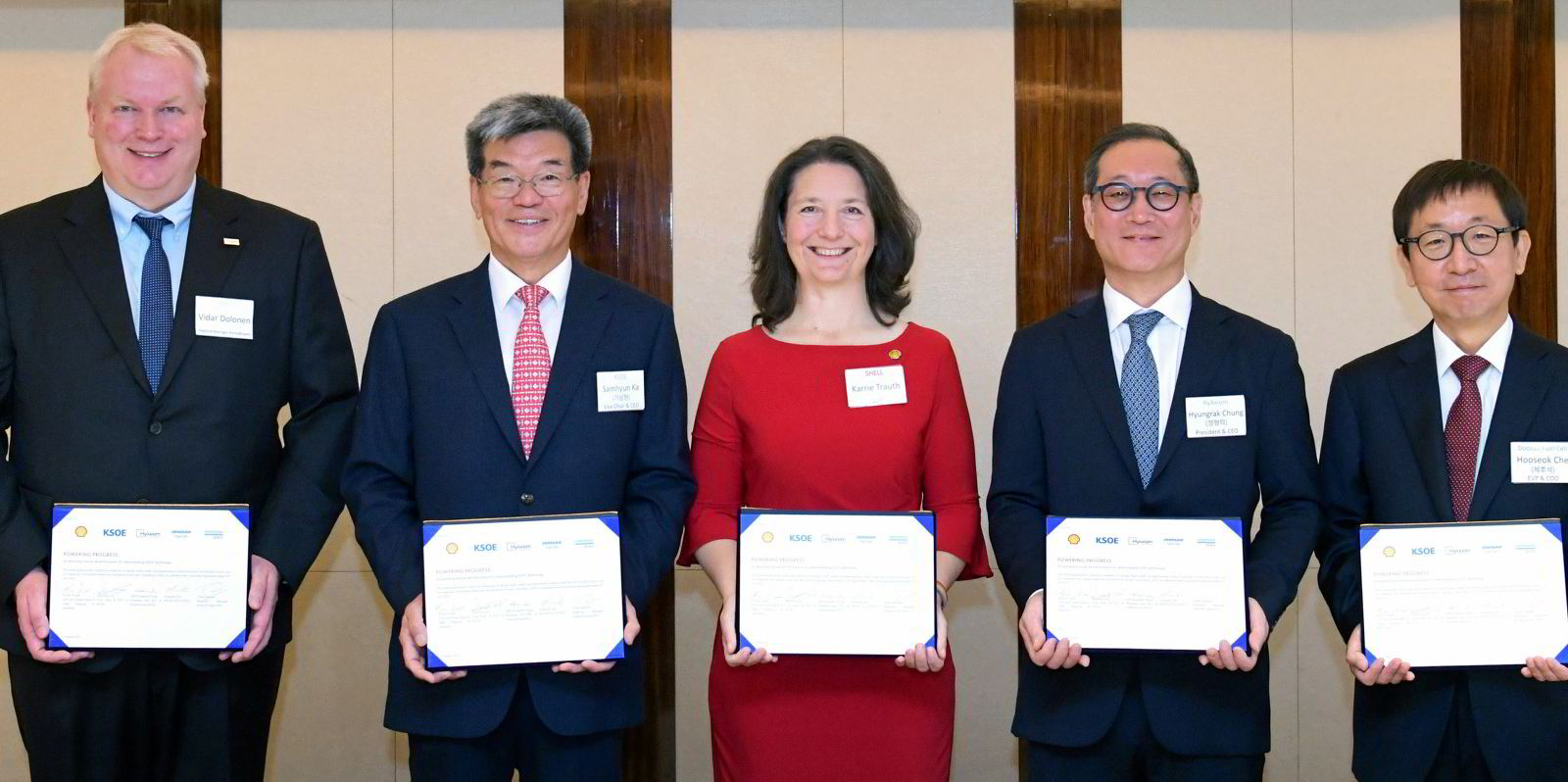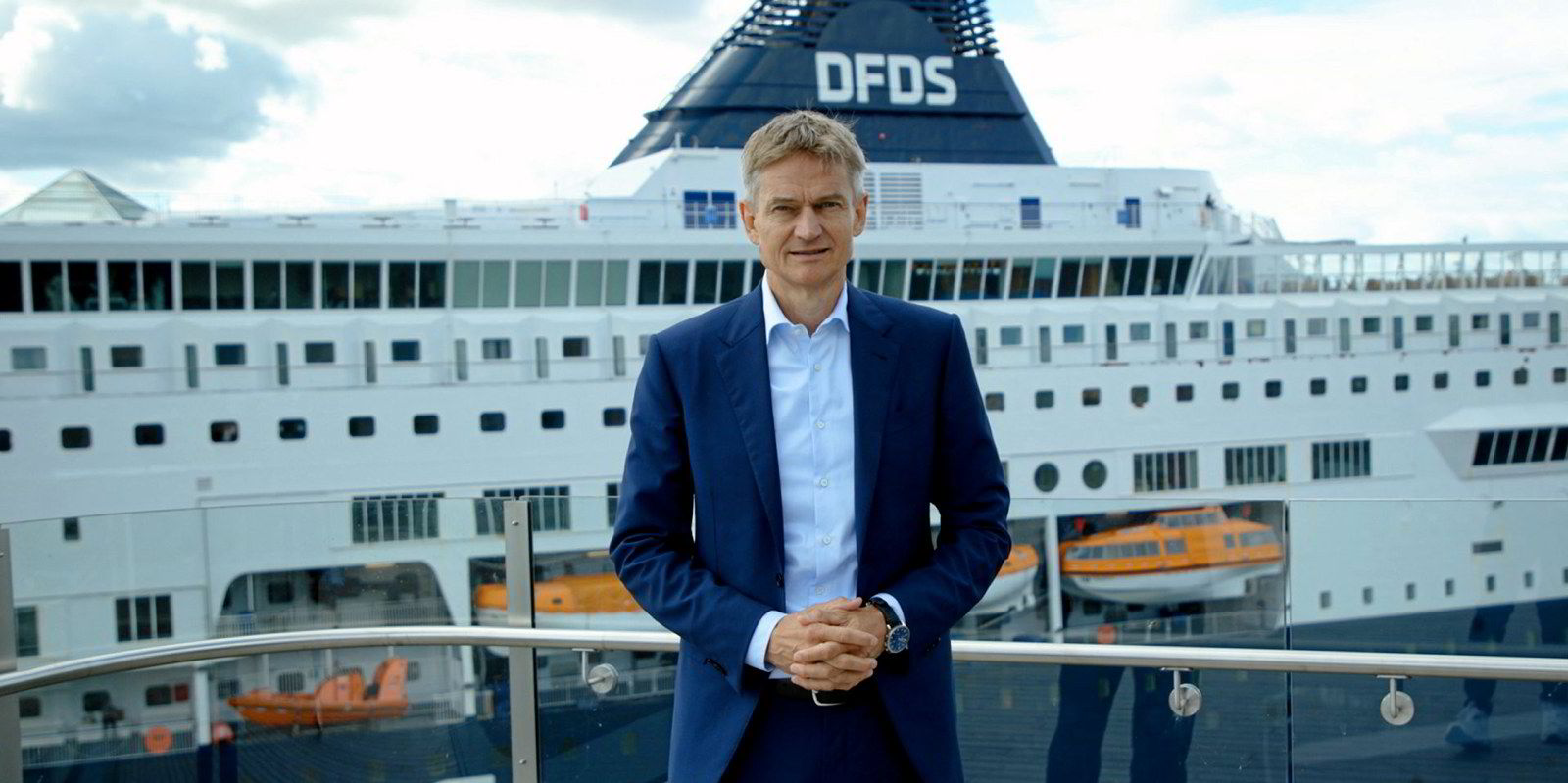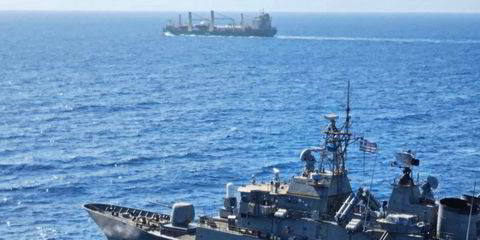A consortium of big industry names including energy major Shell and South Korea’s Korea Shipbuilding & Offshore Engineering (KSOE) are to trial the use of a solid oxide fuel cell (SOFC) on an LNG carrier over the course of a year in 2025.
The grouping, which also includes Doosan Fuel Cell, its fuel cell specialist subsidiary HyAxiom, and classification society DNV, signed the agreement on the demonstration project in Korea today.
Under this, KSOE yard Hyundai Heavy Industries Group will use a 600KW high-efficiency SOFC for power generation on a 174,000 cubic-meter LNG carrier to be run by Shell from 2025.
The major’s LNG carrier will use fuel cells as an auxiliary power unit (APU) and perform its demonstration for one year on a trade route.
Shell, which is pursuing this as one of two field trials on fuel cells that it sees as a route to unlocking the way forward for hydrogen, will be in charge of managing and operating the ship, as well as managing the demonstration project.
HHI will build, design and install SOFC placements, and integrate the ship system.
Doosan Fuel Cell and HyAxiom will develop and supply fuel cells for the ship.
DNV will conduct inspections of the structure and equipment of the demonstration ship for accreditation registration.
KSOE said that based on this project, HHI plans to develop and supply high-efficiency, eco-friendly ships that can apply fuel cells to propulsion power sources in the long term.
HHI is also developing its own SOFC technologies to promote fuel cell development projects.
Shell Shipping & Maritime senior vice president Karrie Trauth said: “This consortium and the cutting-edge technology we’re pioneering could help deliver less carbon-intensive operations in the near term while unlocking a pathway to net-zero through the blending of conventional and alternative fuels until zero-carbon options are available at scale.”
In a social media post Trauth added: “As one of the most promising enablers of decarbonization, fuel cell technology could play a pivotal role in unlocking a zero-emissions fuel future due to its energy conversion efficiency of up 60% and beyond, enabling the effective use of lower energy dense hydrogen-based fuels.
“But first, the marine industry must evaluate the performance of this technology, so it can confirm its potential by proving the scalability of modular SOFC power generation for propulsion.”
KSOE vice chairman Sam Ka said: “The shipbuilding and shipping industries are experiencing rapid innovations environmentally friendly and digitally. We expect to preoccupy next-generation eco-friendly ship technologies and speed up marine decarbonisation through this fuel cell-applied ship demonstration.”
Read more
- Shell LNG deal to earn $120m profit despite $400,000 rate for Angelicoussis carrier
- MOL extends contract on LNG carrier with Russia’s Sakhalin-2 project
- Pavilion Energy, TotalEnergies and MOL name Singapore’s largest LNGBV
- TotalEnergies pivots its LNG ambitions to US as it backs away from Russia
- Shell’s Trauth: Ships’ most valuable cargo is the data they collect






